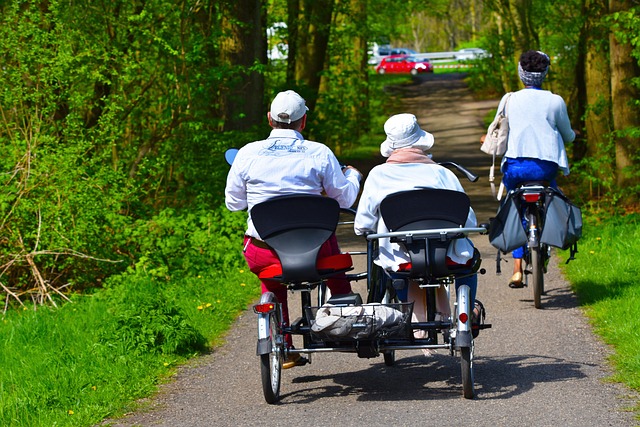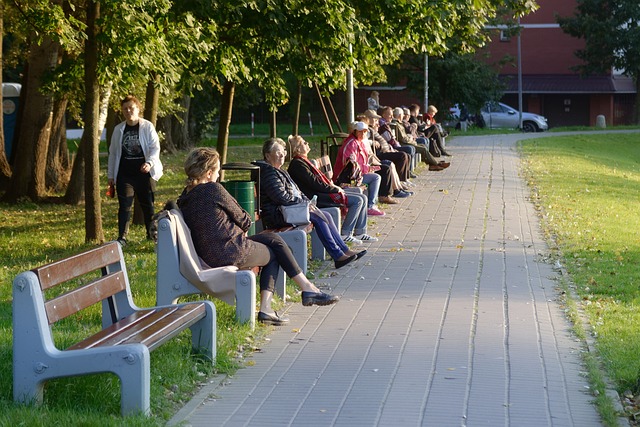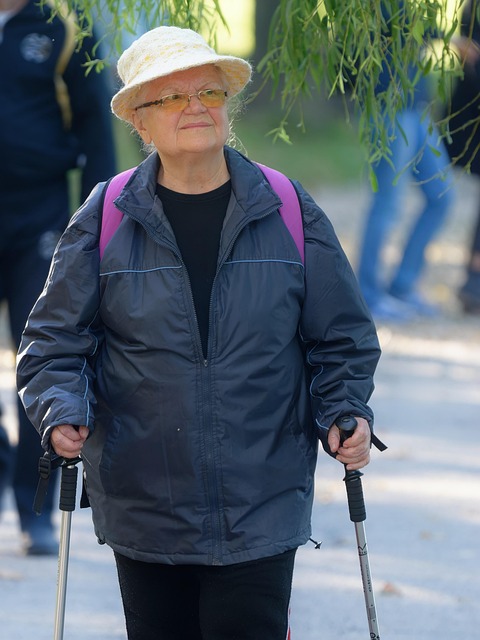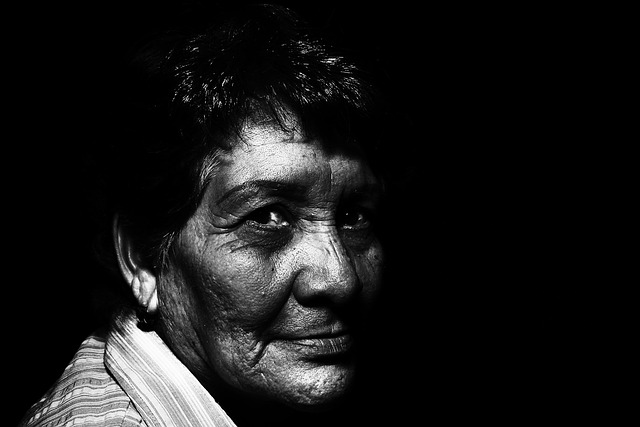Elderly companion services at home offer crucial support for seniors, providing companionship, emotional support, and independence while improving mental health and quality of life. Creating a safe, comfortable environment with adjustments like handrails and non-slip mats ensures their safety and comfort. Selecting qualified companions from reputable agencies that conduct thorough screenings and offer specialized training for medical conditions ensures a harmonious match based on needs, personality, and lifestyle preferences.
“Elderly companion services at home are transforming the way we support our aging population. This article explores the multifaceted benefits of these services, delving into how professional companions enhance quality of life for seniors while alleviating caregiver burden. We dissect the crucial roles companions play in daily living and safety.
Additionally, we provide practical guidance on creating a supportive home environment and offer insights into selecting the ideal companion, emphasizing qualifications, training, and matching for optimal care.”
- Understanding Elderly Companion Services: Benefits and Role of Companions
- Creating a Supportive Environment: Preparing Your Home for Elderly Guests
- Choosing the Right Companion: Qualifications, Training, and Matching Requirements
Understanding Elderly Companion Services: Benefits and Role of Companions

Elderly companion services at home offer a vital support system for seniors who wish to age in comfort and safety within their own spaces. These services go beyond basic assistance, providing companionship, emotional support, and aid with daily tasks. Companions play a crucial role, offering more than just help with household chores; they engage in meaningful conversations, encourage social interaction, and foster a sense of independence and dignity for the elderly.
The benefits are numerous: improved mental health through reduced feelings of loneliness, enhanced quality of life due to assistance with mobility and personal care, and peace of mind for family members knowing their loved ones are being well cared for. Elderly companion services cater to diverse needs, ensuring seniors receive tailored support that improves their overall well-being and allows them to maintain a sense of normalcy in the comfort of their homes.
Creating a Supportive Environment: Preparing Your Home for Elderly Guests
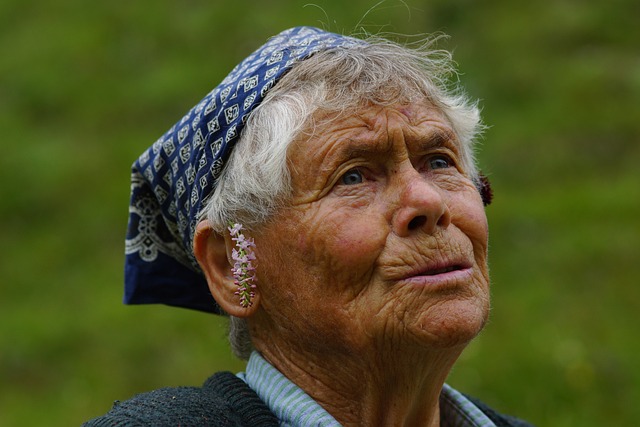
Creating a supportive environment at home is a crucial aspect of providing elderly companion services. As our loved ones age, ensuring their comfort and safety within familiar surroundings can significantly impact their overall well-being. Preparing your home for elderly guests involves making thoughtful adjustments to create an accessible and welcoming space. This may include installing handrails in bathrooms and staircases, adding non-slip mats, and rearranging furniture for easier navigation.
Consider also enhancing lighting throughout the house to reduce tripping hazards and promote better visibility. Keeping essential items within easy reach and organizing closets and drawers can make daily tasks more manageable. These simple modifications not only facilitate movement but also foster a sense of independence and security for elderly guests, allowing them to stay in their homes comfortably and safely while enjoying the company of their companions.
Choosing the Right Companion: Qualifications, Training, and Matching Requirements

When considering elderly companion services at home, selecting the right companion is a crucial step. The ideal candidate for this role should possess specific qualifications and training to ensure they can provide safe, competent, and caring assistance. Many reputable agencies conduct thorough screening processes, including background checks, reference verification, and skill assessments, to match clients with suitable companions.
Qualifications may include certified nursing assistant (CNA) or home health aide (HHA) certifications, demonstrating an understanding of medical needs and safety protocols. Training in elder care, communication skills, and emotional support is also essential. Some agencies even offer specialized training in conditions like Alzheimer’s or Parkinson’s disease to better prepare companions for the unique challenges these clients may face. Matching requirements consider not only medical needs but also personality traits, hobbies, and lifestyle preferences to create a harmonious relationship between companion and client.
Elderly companion services at home offer invaluable support, enhancing the quality of life for seniors. By understanding the benefits and carefully selecting the right companion, you can create a nurturing environment tailored to your loved one’s needs. Through proper preparation and matching, these services ensure comfort, safety, and companionship, allowing seniors to age gracefully in familiar surroundings.




